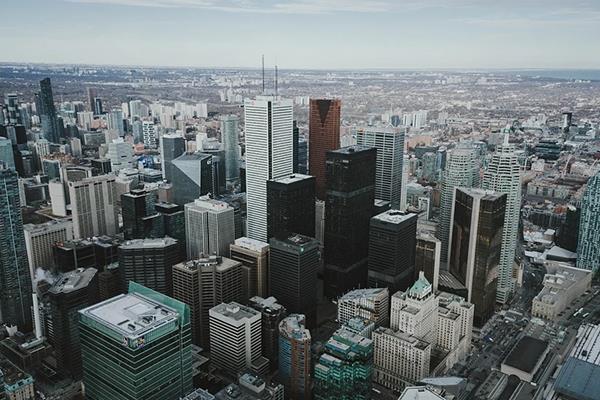Canadian Immigration Department Stipulates That Overseas Maple Leaf Card Expiration Application Application Is Low For Passport
Canadian Immigration Department Stipulates That Overseas Maple Leaf Card Expiration Application Application Is Low For Passport
Official account: Beautiful Vancouver, "Focus on 'Beautiful Vancouver' and enjoy overseas life. The column uses fashion elements to penetrate beauty, tourism and food, and its vision spans the United States, Europe and China, and it is exquisite and delicate to restore the true nature of life."

According to the Canadian Immigration Agency regulations, Canadian permanent residents holding maple leaf cards can apply for permanent resident travel documents () overseas, but the maple leaf card expires and returns to Canada. However, it is not easy for this group of people to apply for travel documents to return to Canada.

According to the Immigration Department, there were 22,628 permanent residents’ travel document applications in 2014, of which 15,190 were approved, 6,777 were denied, and 661 applications were revoked, second only to 69%. In 2012 and 2013, the application approval rates were 76% and 71%, respectively.

Data show that these applications are mainly from the Asia-Pacific region, while applications with higher visa suppression rates are mainly from applicants from mainland China. Taking 2014 as an example, Chinese maple leaf card holders submitted 4,720 travel documents, 1,995 were rejected, with a pass rate of only 56%. Among them, the Beijing Visa Office rejected 1,364 people, while 478 people were rejected by Shanghai. The passing rates in Hong Kong and Taiwan are also very low, only 45% and 30%. In the Asia-Pacific region, the passing rates of Indian and Philippine applicants are higher, at 69% and 89% respectively.
However, according to the latest data from the Federal Immigration Agency, the situation in 2015 has improved significantly: Chinese maple leaf card holders submitted 2,888 travel documents, 2,542 approvals, only 303 were rejected, and another 148 withdrawals, with the passing rate rising to 89%, the highest level in recent years; the pass rate for Indian and Filipino applicants was 84% and 97% respectively during the same period.

In January this year, Chinese maple leaf card holders submitted 331 travel document applications, of which 308 were approved and the pass rate increased to 95%.
Why people who refuse to apply for a maple leaf card for travel documents?
The immigration department did not explain why some people in the maple leaf card were approved and rejected, but some immigration lawyers believe that the main reason was that visa officials believed the applicant was not eligible for the application. Generally speaking, if the maple leaf card expires, it means visa officials think they can still retain permanent resident status, otherwise, they think they are not eligible for issuing maple leaf card. The federal government issued a new policy in 2014, which requires stricter requirements for reissueing Maple Leaf Cards, and applicants must attach at least one tax bill in Canada.

An immigration lawyer analyzed one of the main reasons for rejecting permanent residents’ travel documents is that the applicant has not lived in Canada for 2 years in 5 years and has not been sufficiently humane and sympathetic. In fact, a travel visa is better for those who have expired or lost maple leaf cards but are still eligible for permanent residents. Many Chinese "astronauts" have businesses and families in their original residence, so they live outside Canada all year round, which can easily lead to insufficient stay time in the country. This is why the visa offices in Beijing and Shanghai receive a large number of applications every year. In fact, most applicants in Hong Kong also come from Guangdong and other regions.
If the maple leaf card expires, it still has permanent resident status in Canada?
Data shows that in recent years, whether it is issuing maple leaf cards in China or applying for permanent residents' travel documents overseas, the number of people cancelled has been increasing because they have not met the requirement to live for 5 years or more. Each year, up to 6,000 maple leaf people live in other countries or travel abroad, or expire when they return to Canada. When they returned to Canada, they found themselves without a valid ID and eventually lost their immigration status.

So, if the maple leaf card expires, will the person holding the maple leaf card still have permanent resident status?
Under Canadian immigration law, permanent residents may lose their permanent resident status in two cases: one is that the Immigration Department Review Board ruled that permanent residents have no status after the hearing; the other is that when an immigration official applies for permanent resident travel documents, he finds that they are no longer eligible to be permanent resident and they will also lose their permanent resident status.
Additionally, not everyone who encounters expired maple leaf cards needs to worry about not being able to return to Canada. Immigration in certain special circumstances, such as Canadian citizens outside Canada, or being sent abroad by Canadian companies to work abroad, this does not belong to the minimum living time, and there is no need to worry about this issue.





